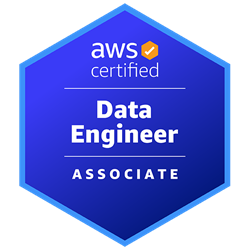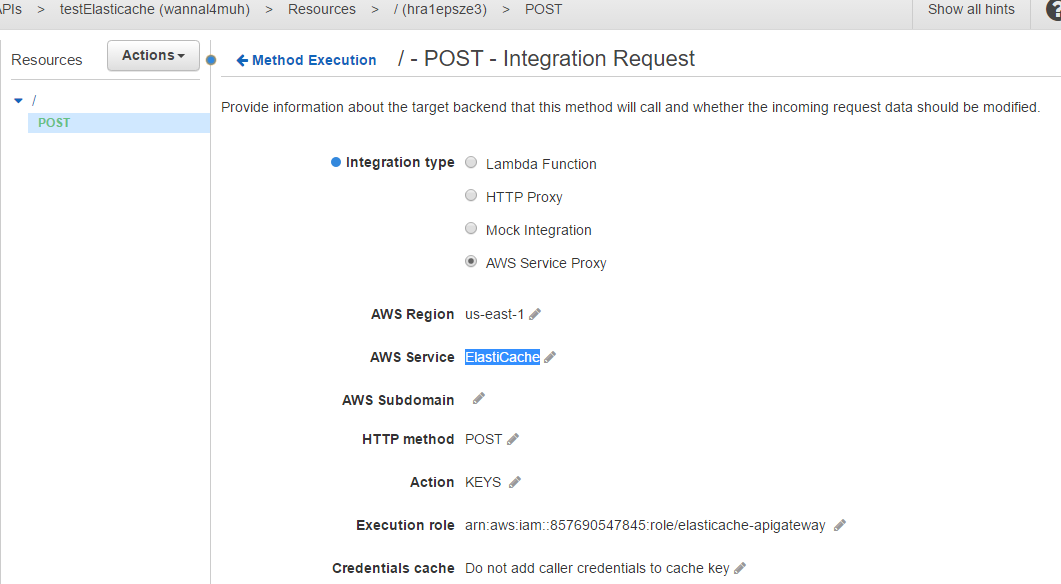Build Modern Applications with AWS NoSQL Databases

The Build Modern Applications with AWS NoSQL Databases (DBNSQL) course is designed for participants who want to gain advanced skills in building modern applications using AWS NoSQL databases. This course delves into several key technologies, including Amazon DynamoDB, Amazon DocumentDB, Amazon Keyspaces, and Amazon Neptune. During the course, participants will learn how to model data, design efficient schemas, implement indexing techniques, and optimize the performance of their applications. Additionally, crucial topics such as data security and regulatory compliance will be covered, providing a comprehensive view of best practices for managing NoSQL databases on AWS. This course helps prepare for the AWS Certified Data Engineer – Associate certification .
Course Objectives
The following is a summary of the main objectives of the Build Modern Applications with AWS NoSQL Databases (DBNSQL) Course :
- Understand the various types of NoSQL databases and their specific use cases.
- Gain hands-on skills in data design and modeling with AWS NoSQL databases.
- Implement performance optimization and scalability techniques for NoSQL applications.
- Learn best practices for NoSQL database security and compliance on AWS.
- Apply AWS NoSQL technologies in real-world projects through labs and hands-on exercises.
- Integrate AWS NoSQL databases with other AWS services for comprehensive application development.
- Troubleshoot common issues and performance bottlenecks in NoSQL database implementations.
- Explore advanced features and functionalities of AWS NoSQL databases, such as DynamoDB Streams and Global Tables.
Course Certification
This course helps you prepare to take the:
AWS Certified Data Engineer – Associate Exam ;
Course Outline
Module 1: Analyze Use Cases for NoSQL Databases
- Business overview
- Workload solution overview
- AWS NoSQL database portfolio
- Design decisions for a modern application
Module 2: Advanced Amazon DynamoDB Concepts
- Review business workloads for Amazon DynamoDB
- Analyze access patterns and key design
- Create the data model
- Design for performance
- Design event-driven architectures using DynamoDB Streams
- Guided Tour: Design tables using NoSQL Workbench for DynamoDB
- Guided Tour: Use DynamoDB Streams with AWS Lambda
- Hands-on Lab: Implement Fleet and Trip Data Management using Amazon DynamoDB Tables, Indexes, and Change Streams
Module 3: Advanced Amazon DocumentDB Concepts
- Review business workloads for Amazon DocumentDB
- Analyze access patterns
- Create the data model
- Design for performance
- Use Amazon DocumentDB aggregation framework
- Design event-driven architecture using Amazon DocumentDB
- Guided Tour: Document and collection design
- Guided Tour: Aggregation framework
- Guided Tour: Use Amazon DocumentDB Change streams with AWS Lambda
- Hands-on Lab: Implement and Optimize User Profile Data Management Workload on Amazon DocumentDB
Module 4: Advanced Amazon ElastiCache for Redis Concepts
- Review business workloads for Amazon ElastiCache for Redis
- Analyze access patterns
- Create the data model
- Use optimal data structures for the workload
- Guided Tour: Use Amazon ElastiCache for Redis to apply geospatial queries
- Guided Tour: Use Amazon ElastiCache for Redis to natively store and access JSON data
- Guided Tour: Use Amazon ElastiCache for Redis with leaderboards
- Hands-on Lab: Implement Geospatial Bike Searches, User Profile Caching, and Leaderboards with Amazon ElastiCache for Redis
Module 5: Course Summary
Course Mode
Instructor-Led Remote Live Classroom Training;
Trainers
Trainers are Amazon AWS accredited instructors and certified in other IT technologies, with years of practical experience in the sector and in training.
Lab Topology
For all types of delivery, the participant can access the equipment and actual systems in our laboratories or directly in international data centers remotely, 24/7. Each participant has access to implement various configurations, Thus immediately applying the theory learned. Below are some scenarios drawn from laboratory activities.

Course Details
Course Prerequisites
Participation in Data Analytics Fundamentals is recommended:
Course Duration
Intensive duration 1 days;
Course Frequency
Course Duration: 1 days (9.00 to 17.00) - Ask for other types of attendance.
Course Date
- Build Modern Applications with AWS NoSQL Databases (Intensive Formula) – On Request – 9:00 – 17:00
Steps to Enroll
Registration takes place by asking to be contacted from the following link, or by contacting the office at the international number +355 45 301 313 or by sending a request to the email info@hadartraining.com

